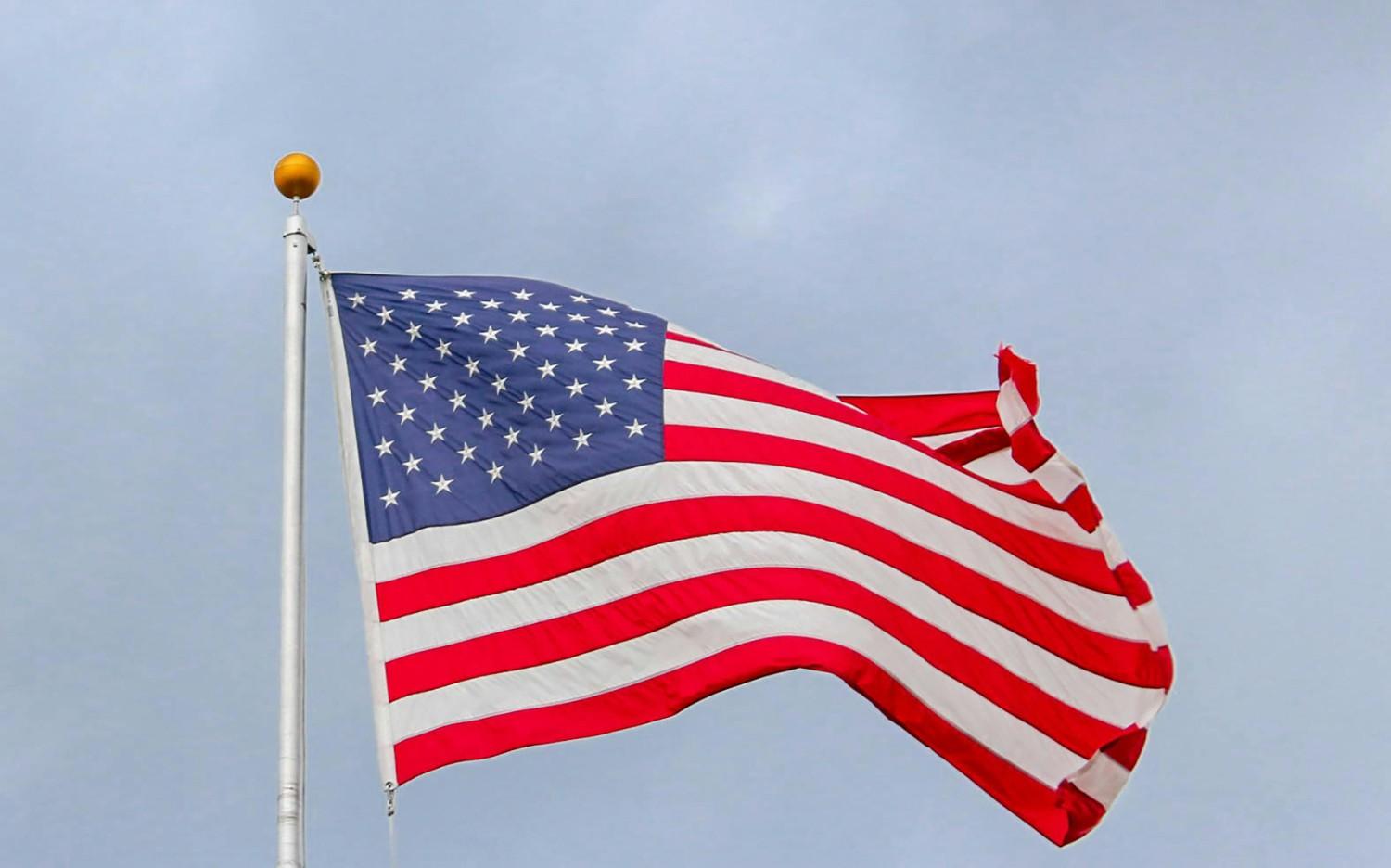In What US States Are Payday Loans Legal?
Some provinces impose strict regulations to shield their citizens from high-interest rates, fees, and predatory lending practices linked to payday loans, while others have more relaxed laws, permitting payday lending as an emergency cash loan option for individuals needing to cover unexpected costs.
Ready Payday Loans has produced a guide to show you in which states payday loans are legal, and where they are prohibited or heavily regulated.
| State | Lending Status |
| Alabama | Legal |
| Alaska | Legal |
| Arizona | Legal |
| Arkansas | Prohibited (Usury Rate Cap) |
| California | Legal |
| Connecticut | Prohibited (Direct Prohibition) |
| Delaware | Legal |
| District of Columbia | Prohibited (Usury Rate Cap) |
| Florida | Legal |
| Georgia | Prohibited (Direct Prohibition) |
| Hawaii | Prohibited (Usury Rate Cap) |
| Idaho | Legal |
| Illinois | Prohibited (Usury Rate Cap) |
| Indiana | Legal |
| Iowa | Legal |
| Kansas | Legal |
| Kentucky | Legal |
| Louisiana | Legal |
| Maine | Legal |
| Maryland | Legal |
| Massachusetts | Prohibited (Usury Rate Cap) |
| Michigan | Legal |
| Minnesota | Prohibited (Usury Rate Cap – Starting 2024) |
| Mississippi | Legal |
| Missouri | Legal |
| Montana | Legal |
| Nebraska | Prohibited (Usury Rate Cap) |
| Nevada | Legal |
| New Hampshire | Legal |
| New Jersey | Prohibited (Usury Rate Cap) |
| New Mexico | Prohibited (Usury Rate Cap) |
| New York | Prohibited (Usury Rate Cap) |
| North Carolina | Prohibited (Usury Rate Cap) |
| North Dakota | Legal |
| Ohio | Legal |
| Oklahoma | Legal |
| Oregon | Legal |
| Pennsylvania | Prohibited (Usury Rate Cap) |
| Rhode Island | Legal |
| South Carolina | Legal |
| South Dakota | Legal |
| Tennessee | Legal |
| Texas | Legal |
| Utah | Legal |
| Vermont | Prohibited (Usury Rate Cap) |
| Virginia | Legal |
| Washington | Legal |
| West Virginia | Prohibited (Direct Prohibition) |
| Wisconsin | Legal |
| Wyoming | Legal |
In Which States Is Payday Lending Legal?
In 29 states, payday lending is authorized either through legislation or deregulation of small loan interest rate caps. These states allow payday lending businesses to operate, albeit with varying degrees of regulation.
There is a wide range of authorization across the country. States such as Alabama, California, Florida, Texas and Virginia are among those where payday lending is legal, however they are subject to certain regulations and limitations including maximum loan amounts and loan duration.
While some states have authorized payday lending, they have implemented measures to mitigate debt-trap risks. For instance, Washington limits borrowers to a maximum of eight payday loans per year, while Virginia mandates that loans be payable within two pay cycles.
However, lenders often circumvent these protections by structuring loans as unregulated open-end lines of credit.
Despite efforts to regulate payday lending, some states like Ohio have experienced challenges in curbing the industry’s exploitative practices. Despite a 2008 ballot vote capping rates, payday lending persists in Ohio through legal maneuvers and loopholes, highlighting the ongoing struggle between regulation and industry innovation.
Which States Prohibit Payday Loans?
In 21 states and the District of Columbia, high-cost payday lending is either prohibited or tightly regulated to protect consumers from falling into a debt cycle. These states have implemented various measures to curb the exploitation of vulnerable borrowers by payday lenders.
In 18 states and the District of Columbia, payday lending is effectively prohibited through usury rate caps. The majority of these states have set a 36% Annual Percentage Rate (APR) cap, with some states like Arkansas, New Jersey, New York, Pennsylvania, Vermont, Massachusetts and the District of Columbia imposing even lower rate caps.
Some states have recently implemented laws to strengthen consumer protections against payday lending. Nebraska, Hawaii, Illinois, New Mexico, and Minnesota have all passed laws capping interest rates at 36% in recent years, aiming to provide relief to borrowers from exorbitant interest charges.
Three states (Connecticut, West Virginia and Georgia) have taken more direct approaches to prohibit high-cost payday lending. Connecticut has banned the assignment of wages as security for loans and Georgia restricts loans less than $3,000 from being used in payday lending.
Understanding The Legal Framework
How payday lending is regulated in the United States is diverse, with some states taking proactive measures to protect consumers, while others provide a more permissive environment for payday lending businesses.
Understanding the legal framework surrounding payday loans in different states is crucial for consumers to make sensible borrowing decisions and avoid falling into a debt-trap.







